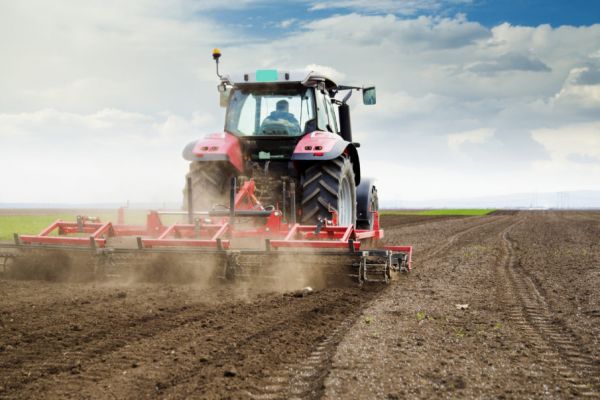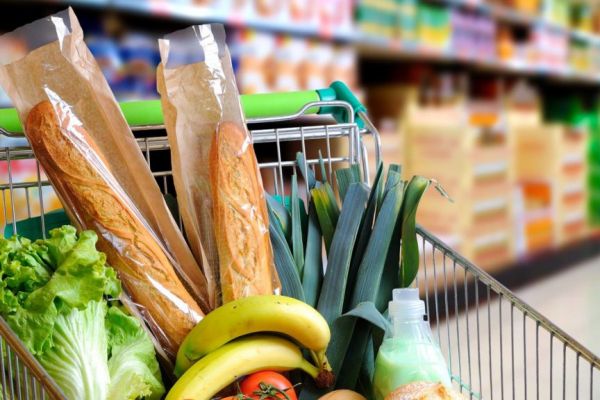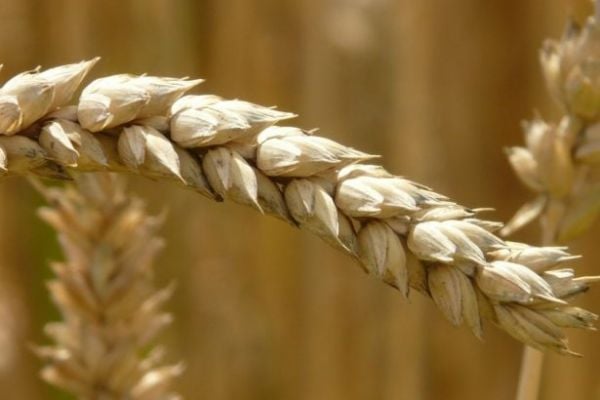The Central Bank of Ireland has warned that Ireland’s agriculture industry is yet to face a number of challenges, including profitability, Brexit, possible future Common Agricultural Policy (CAP) reform and climate change.
An Economic Letter by Central Bank economist Thomas Conefrey found that, following a period of stagnation from 1990 to 2010, agricultural output has increased significantly over recent years.
Agriculture Industry
In 2010, the research shows, that the value of agricultural output in Ireland was €5.5 billion, which was only up by €0.3 billion a decade and a half prior.
By 2017, the overall volume of gross output in agriculture was 21% higher than in 2010 and in value terms, output increased 46% to just over €8 billion.
Much of the rise in output, the report found, has been driven by the dairy sector following the removal of milk quotas in 2015.
“Agriculture makes a significant contribution to the Irish economy. Employing more than one in seven people in some regions, it is clear that the sector plays an important role in many of our rural communities,” said Deputy Governor Sharon Donnery.
“However, Brexit continues to pose huge uncertainty to the Irish economy overall, and today’s research spells out the specific challenges faced by those working in the agri-food sector across the country.”
Brexit
Highlighting the concerns for Brexit, the report stressed that the UK was an important market for agricultural exports, with over 40% of agri-food exports going that direction.
The importance of the UK market varies in particular sub-sectors with cereals (c.90%) and fruit and vegetables (84%) heavily dependent on this market. Dairy (c.35%), beverages (c.21%) and fish (c.10%) are less exposed.
In addition, border delays associated with a hard Brexit, the report found, coupled with existing viability problems, would pose significant challenges, with the beef sector particularly vulnerable.
Existing Central Bank research finds that potential delays as a result of non-tariff barriers could result in an estimated 9.6% decline in overall trade between the UK and Ireland.
It did, however, note that exports to non-UK markets have increased, rising 10% from 2005 to last year, highlighting more diversification from Irish Exporters.
“The increase in exports to markets outside the UK is to be welcomed and can be built upon, but the fact remains that a hard Brexit which reduces market access for Irish exports would have a material negative effect on Irish agriculture and adjusting to this in the short-term would prove a considerable challenge. Once again, this serves to underscore the importance of progress in negotiations as the March 2019 deadline fast approaches,” Donnery continued.
CAP Budget
In terms of the CAP Budget, the Central Bank’s research highlighted that, since 2005, farmers have been just as reliant on direct payment as they have the UK markets, with payments accounting for 74.3% of farm income.
Last year, however, direct payments accounted for 22% of farm income on dairy farms; on cattle and sheep farms, CAP payments accounted for 114% and 115% respectively.
More and more as time goes on the EU budget allocated to CAP expenditure has declined steadily. In 1985 it was 73%, and in 2016 it fell to 41%, and the EU Commission has proposed a 5% cut in the next budget.
The report estimated that the EU budget is likely to negatively affected by the UK’s departure from the EU with the loss of the UK’s net annual contribution.
© 2018 Checkout – your source for the latest Irish retail news. Article by Aidan O’Sullivan. Click subscribe to sign up for the Checkout print edition.









